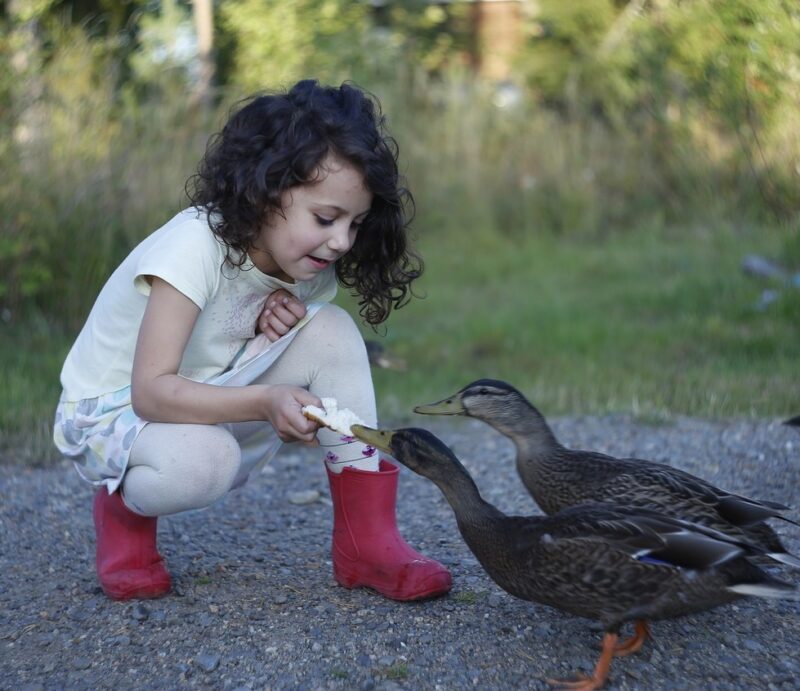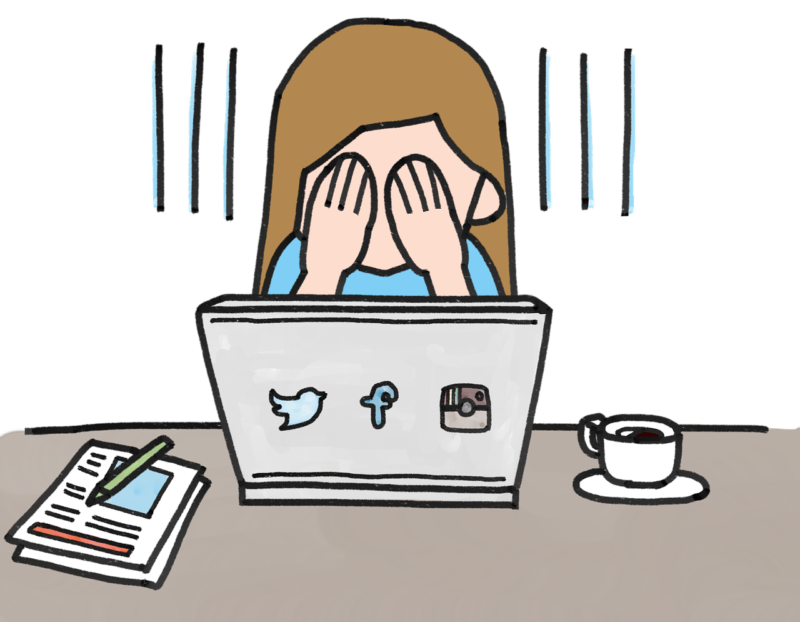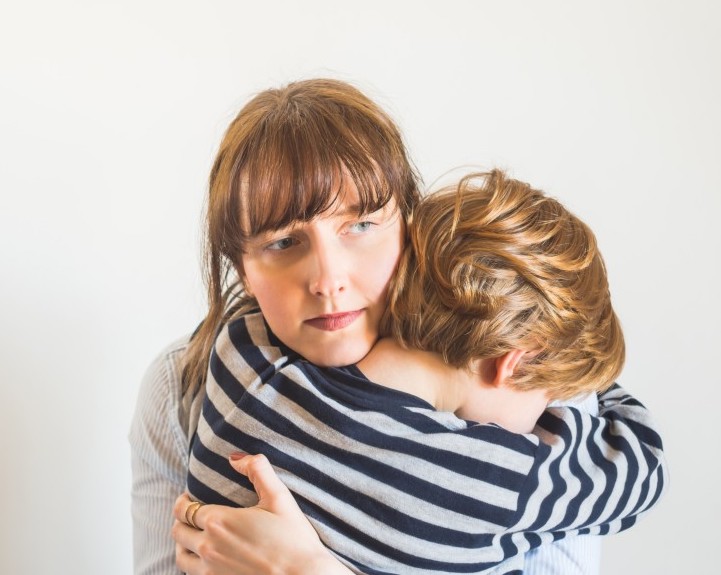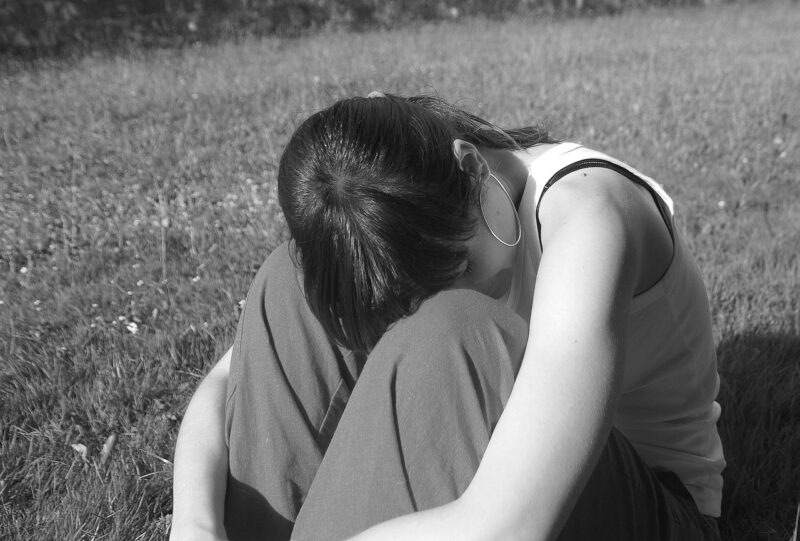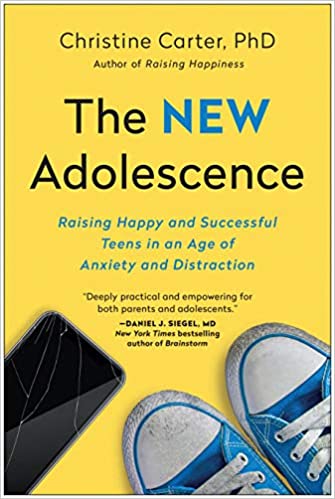
Manage Stress and Build Resilience
It’s hard to avoid stress. Work, money, current events, and the hassles of everyday life are just a few of the things that can cause stress. Long-term, or chronic, stress is linked to several health conditions like heart disease, high Read more >>


